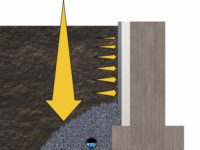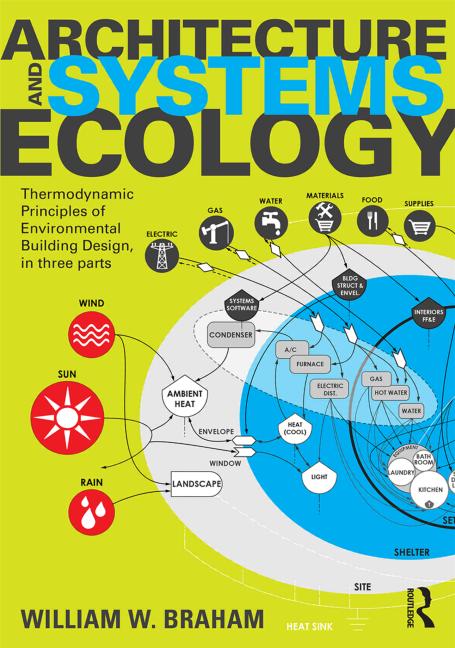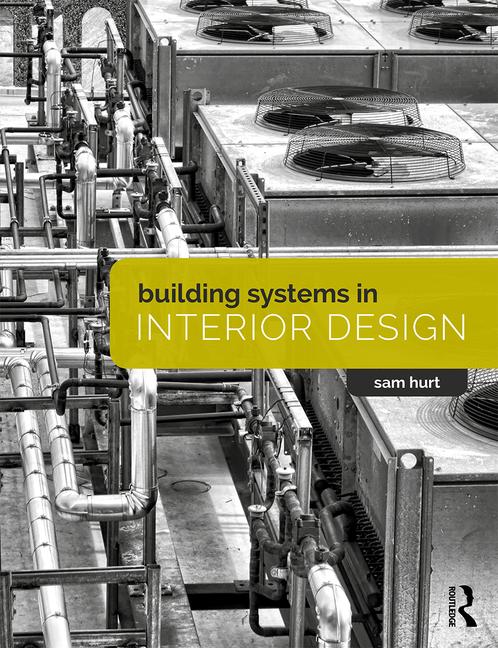WASHINGTON — The Polyisocyanurate Insulation Manufacturers Association (PIMA) has released a new technical bulletin titled “Continuous Insulation Using Polyiso Wall Sheathing: What it is, what it does and why you need it.” The bulletin outlines best building practices when using polyiso insulation in a continuous insulation system for commercial walls.
In both residential and commercial construction, continuous insulation (ci) – wrapping the exterior wall in a continuous layer of rigid foam insulation around the studs and the cavity – offers one of the best ways to block thermal bridging. It also results in walls with a higher R-value than using batt insulation alone. The benefits of continuous insulation include a reduction in heat loss, prevention of mold and mildew accumulation in the wall and better protection against water intrusion.
“National model energy codes are advancing the way we approach building commercial and residential exterior walls by emphasizing the use of continuous insulation systems,” said Jared Blum, president of PIMA. “Building-science experts have known for some time that continuous insulation is a very effective way to insulate building envelopes for energy savings. Now, modern building codes are putting this knowledge into practice.”
Polyiso insulation, when used for continuous insulation on exterior wall assemblies, offers many advantages including:
• The highest R-value in class– Polyisocyanurate continuous insulation has at least 20 to 70 percent greater R-value per inch than other common types of continuous insulation (rigid foam plastic sheathing). This means more energy savings and/or more manageable wall thicknesses.
• Code-compliant wind pressure resistance– Foam sheathing industry testingfor code compliance at an independent laboratory has demonstrated that polyiso continuous insulation provides code-compliant wind pressure resistance for exterior wall sheathing.
• Wall moisture-resistant design flexibility– Polyiso is available with a variety of facer types to provide water resistive barrier performance or to provide water vapor permeability as required by climate or code-compliant wall design preferences.
• Fire test compliant– Polyiso, a thermoset material, stays intact during fire exposure in the ASTM E84 or “Tunnel Test.” It forms a protective char layer and remains in place during this test, thereby meeting all building code requirements and contributing to a fire-safe building.
For more information, visit www.polyiso.org.








